Why Your Own Camera is the Best Tool for Learning Photography
In the world of photography, having access to various cameras and lenses can be exciting, but nothing compares to the advantages of owning your own camera. While rental options and borrowing from friends can provide temporary exposure, consistent hands-on practice with your own equipment is the fastest way to develop your skills.
However, many beginners hesitate to buy a camera right away due to the following reasons:
- Not confident about the end result: Worrying about whether they will be able to click good photos.
- Planning to buy a camera after the class: Thinking they should first complete all learning before making a purchase.
- Unsure which camera to buy: Confused about the best model to invest in.
While these concerns are valid, the best way to truly learn photography is by using a camera regularly. Dedication and practice will make you a good photographer during the class duration. No need to worry - Pixavince mentors are proficient with it and will guide you throughout the process. Let’s explore why having your own camera is essential for mastering photography and how you can address these challenges.
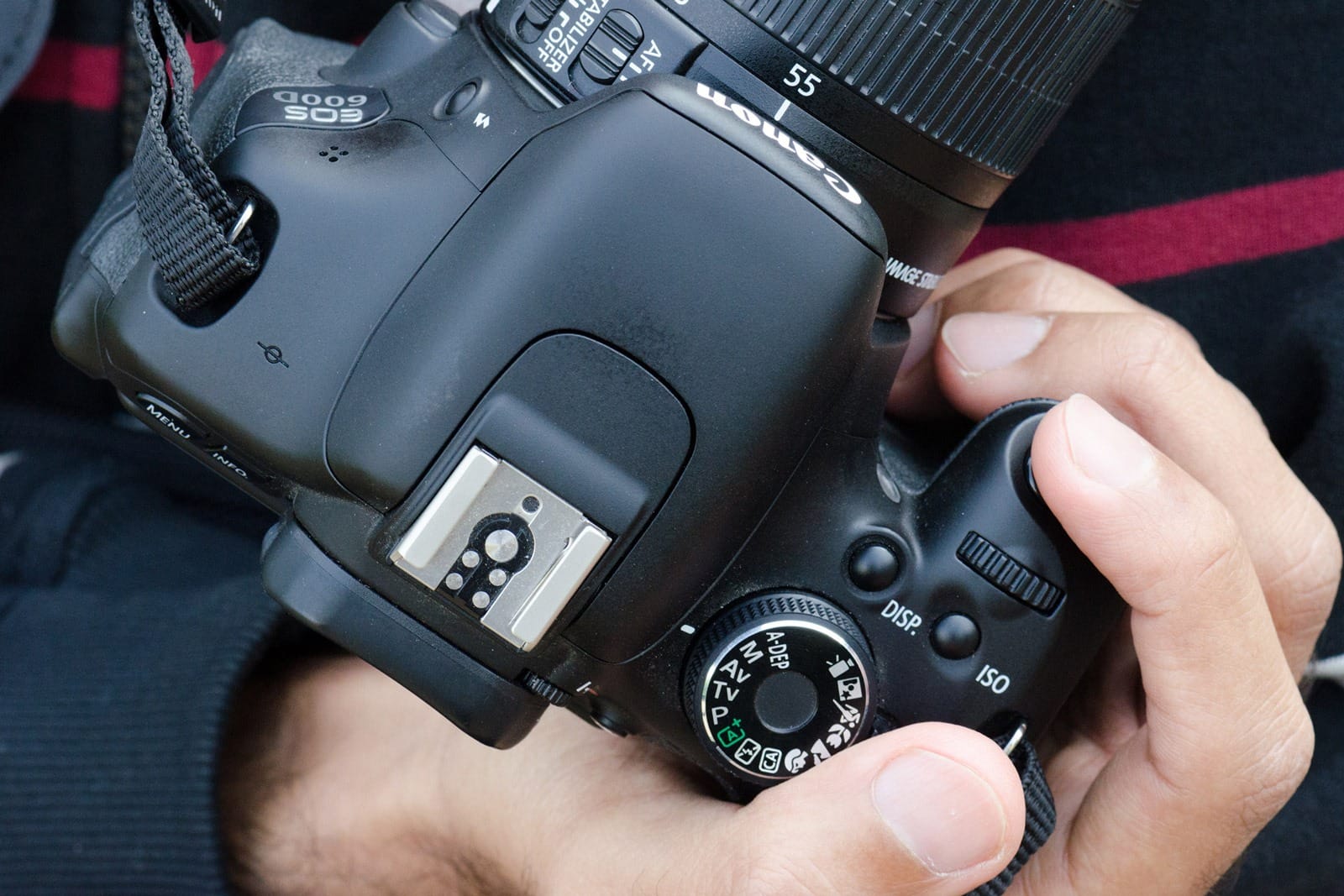
1. Familiarity Breeds Mastery
Every camera brand and model has its own set of controls, menu layouts, and functionalities. When you own a camera, you become intimately familiar with its settings and behavior. This deep understanding allows you to make quick adjustments on the fly, a crucial skill in fast-paced photography scenarios like events, wildlife, or street photography.
Building Confidence in Your Skills
Feeling uncertain about your photography skills is natural when you're just starting out. Instead of worrying about taking perfect shots, focus on using your camera consistently and experimenting with its settings.
- Start simple: Capture everyday subjects without stressing over perfection.
- Trust the process: Progress comes through regular practice, not instant success.
- Learn from mistakes: Every blurry or overexposed image provides valuable lessons.
- Seek mentor guidance: Pixavince mentors will help refine your skills and identify areas for improvement.
- Enjoy the learning curve: Photography is about storytelling, not just technical settings. Have fun exploring your creativity!
Even the most accomplished photographers began with basic shots. Dedication and persistence will shape your skills, helping you gain confidence over time.
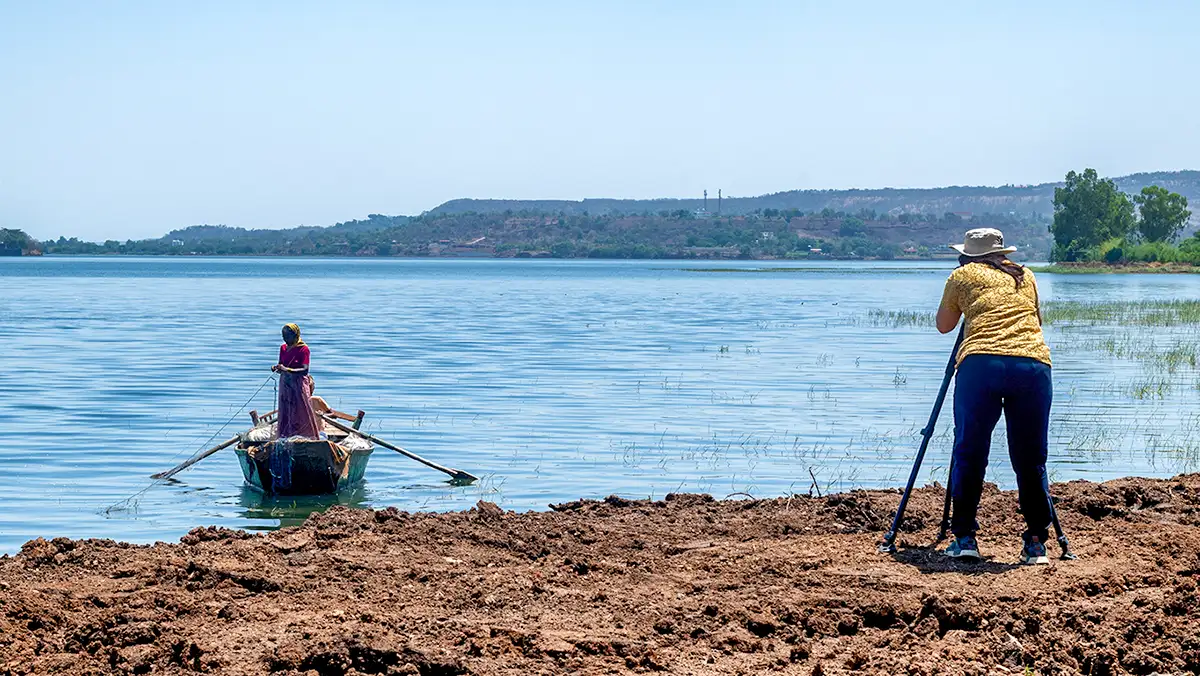
2. Regular Practice Without Time Constraints
When using a borrowed or rented camera, your practice time is limited. You may feel pressured to learn quickly before returning the equipment. However, with your own camera, you can practice at your own pace, experiment freely, and gradually build expertise.
Addressing the Hesitation to Buy a Camera:
- If You Are Concerned About Results: Photography is a skill built through practice. The sooner you start using a camera, the sooner you will improve.
- If You Plan to Buy a Camera After Learning: Consider that learning photography without regular hands-on practice will slow your progress. Having a camera from the beginning ensures you apply what you learn in real time.
- If You Are Unsure Which Camera to Buy: Start with any camera you can manage, even an entry-level model.
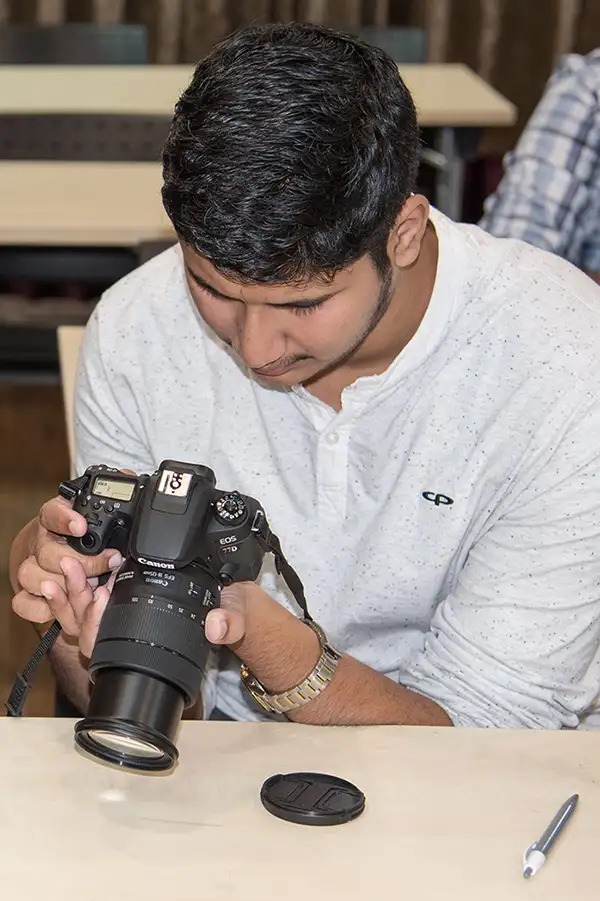
If buying a camera immediately is not feasible, at least borrow a camera from a friend or relative for the entire duration of the course. The key to learning photography is regular practice, and only by consistently using a camera will you truly improve your skills.
3. Personalized Settings for Your Shooting Style
Every photographer has a unique way of shooting. Owning your camera lets you customize settings like:
- Function Buttons: Assign commonly used settings to dedicated buttons.
- Custom Shooting Modes: Save presets for different photography styles (e.g., portrait, landscape, sports).
- Auto-focus Preferences: Adjust focus tracking, sensitivity, and points based on your subject.
Using a camera consistently allows you to fine-tune it to your workflow, making your shooting process more efficient and enjoyable.
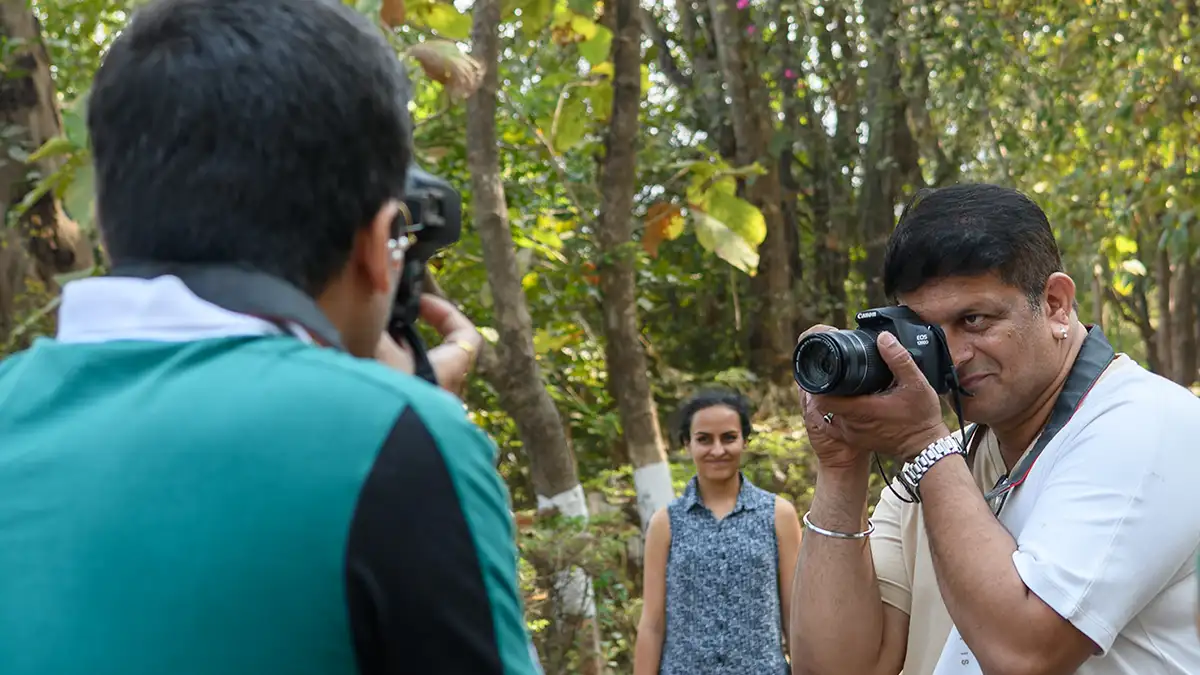
4. Consistent Learning Through Trial and Error
Photography is a journey of constant learning. Owning a camera allows you to track your progress over time. You can review old images, understand what went wrong, and apply corrective techniques in future shoots. This iterative process helps you refine your skills much faster than sporadic use of different cameras.
Learning Advantages:
- Comparing Past and Present Shots: Notice improvements and areas needing attention.
- Developing Intuitive Adjustments: Learn how different settings impact the final image.
- Gaining Confidence: The more you shoot, the more comfortable you become with your gear and creative choices.
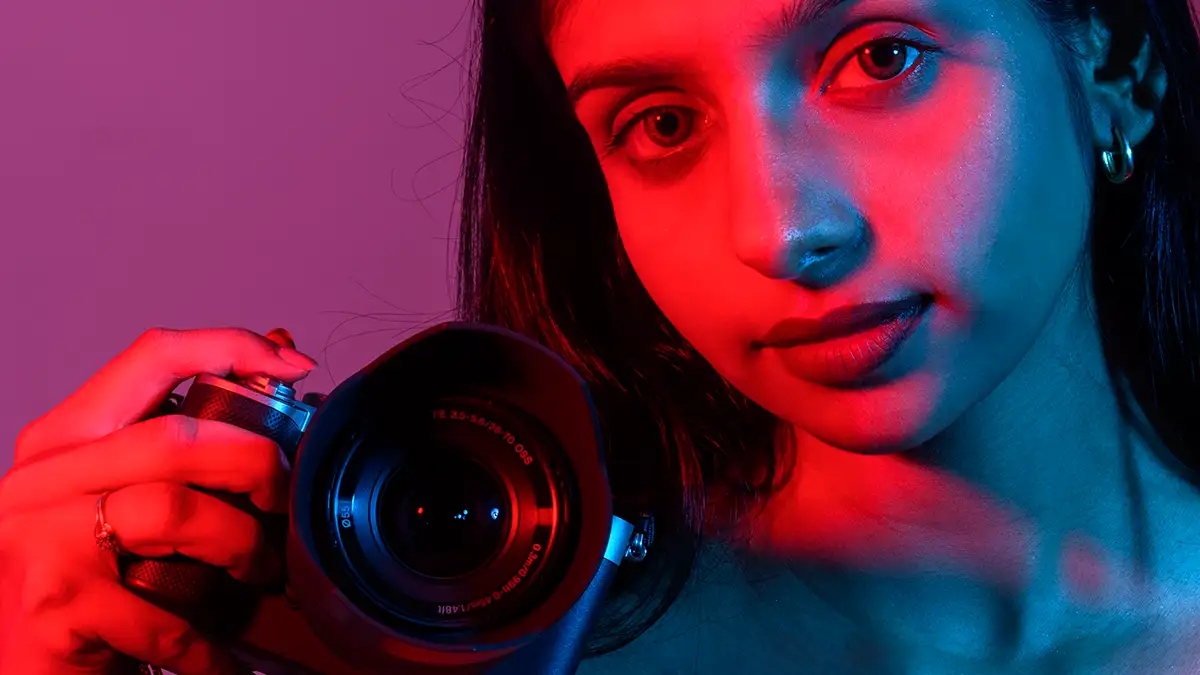
5. Developing a Strong Connection with Your Camera
Professional photographers often describe their cameras as an extension of themselves. This connection is built over time through consistent use and practice. When you truly understand your camera’s capabilities, you can focus more on the creative aspects of photography rather than technical hurdles.
Why This Connection Matters:
- You Anticipate How the Camera Reacts: Knowing how your camera handles light, color, and motion helps you make real-time creative decisions.
- Less Reliance on Trial and Error: Experience with your own gear reduces guesswork in critical moments.
- Greater Storytelling Ability: When the technical aspects become second nature, you can fully concentrate on composition and emotion.
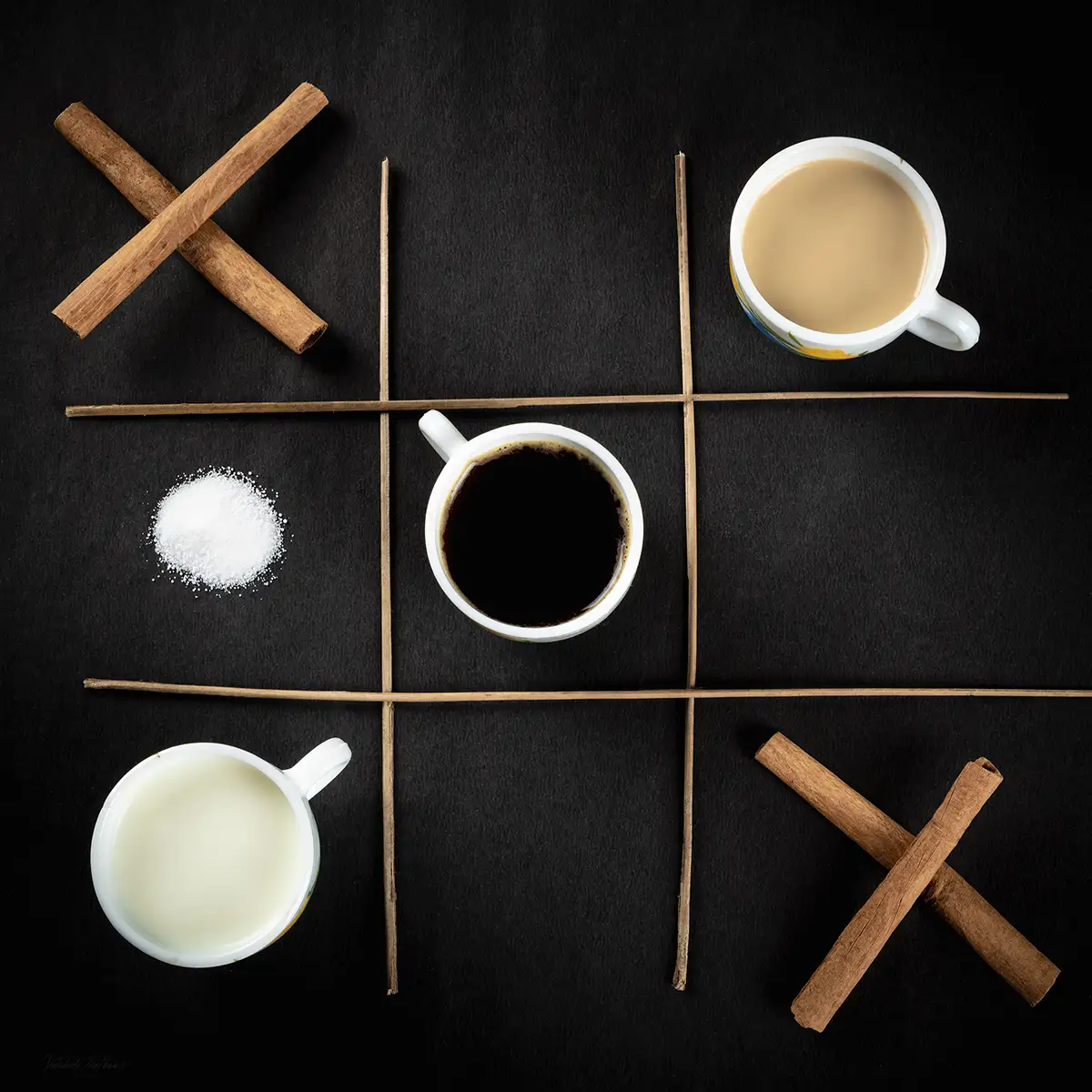
6. Encouragement to Explore Different Genres
With a personal camera, you have the flexibility to try various photography genres at your convenience, such as:
- Portrait Photography: Experiment with different lighting and angles.
- Landscape Photography: Learn to use manual focus and exposure blending.
- Street Photography: Improve reaction time and composition instincts.
- Macro Photography: Understand depth of field and focusing techniques.
When you don’t have to return the camera after a short period, you can explore and master different photography styles without restrictions.
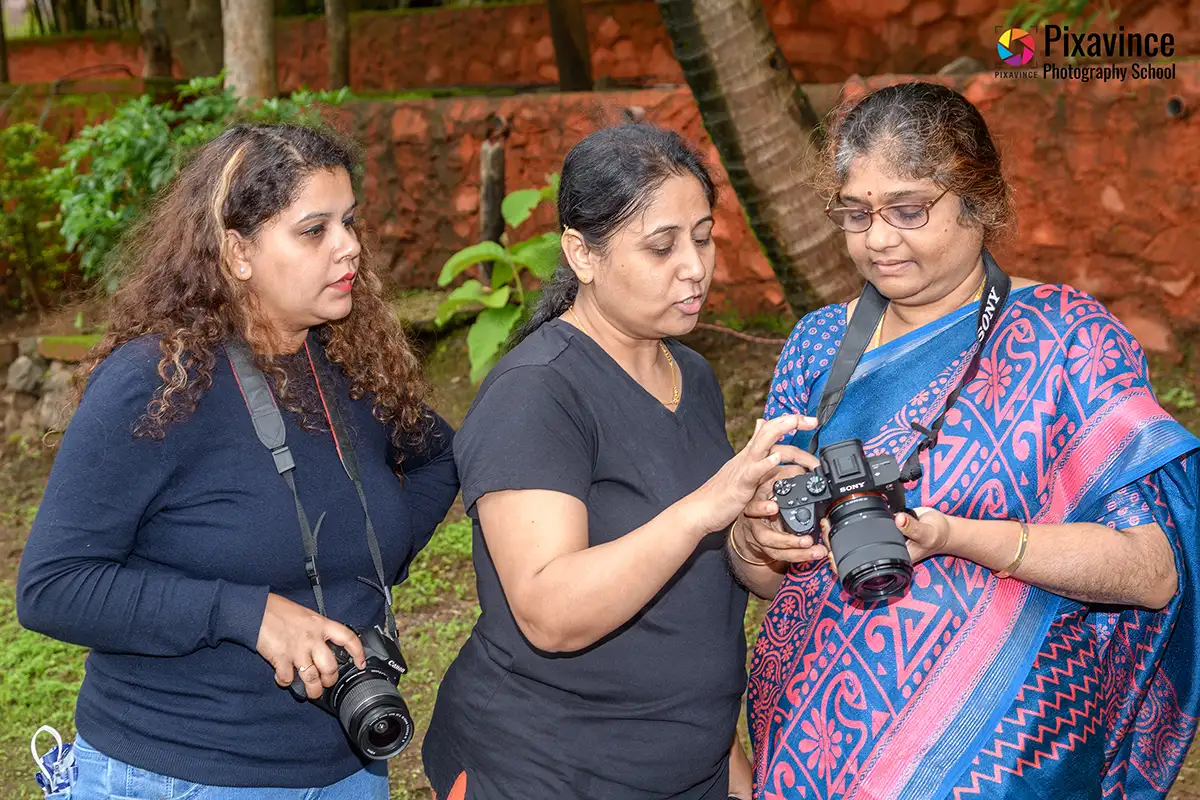
Free Guidance for Camera Purchase
At Pixavince Photography School, we understand that choosing the right camera can be overwhelming. That’s why, after admission, we offer free guidance to help you select the best camera based on your needs and budget. With the right equipment in hand, you can confidently embark on your photography journey and make the most of your learning experience.
Click Here to know more about Pixavince Weekend Photography Course
Final Recommendation:
Owning your own camera is one of the most crucial steps in becoming a skilled photographer. It allows you to practice regularly, develop familiarity with your equipment, and explore photography at your own pace. Whether you are a beginner or an advanced learner, having a personal camera accelerates your learning journey and strengthens your creative vision.
